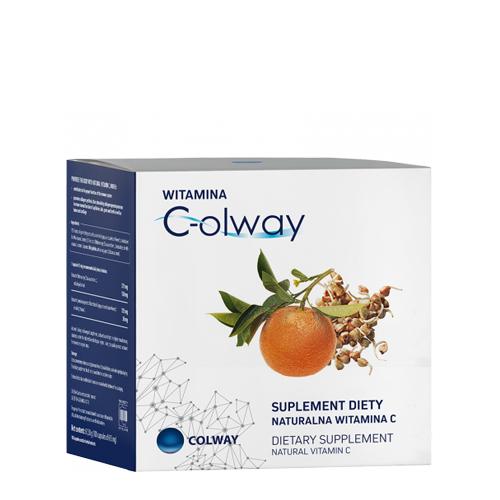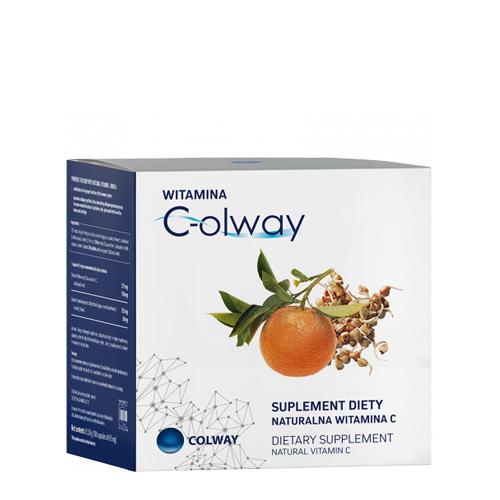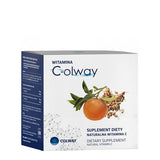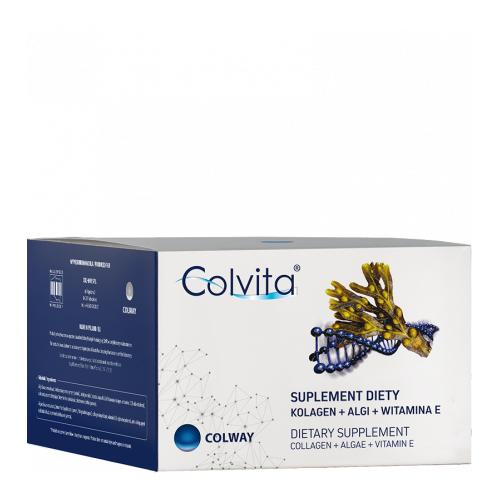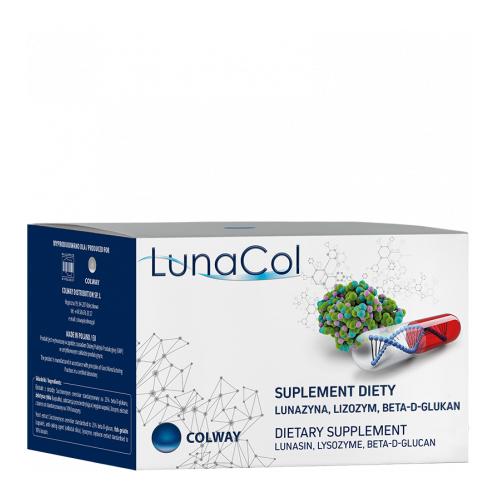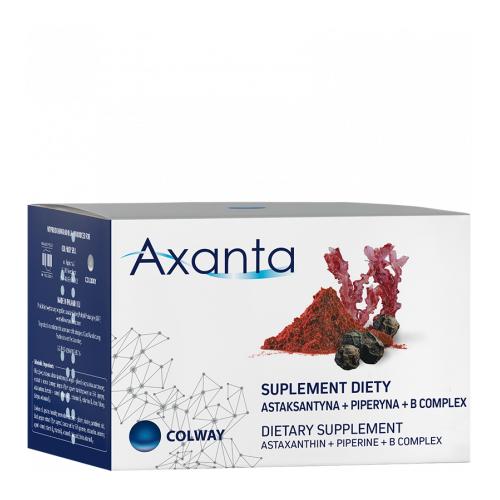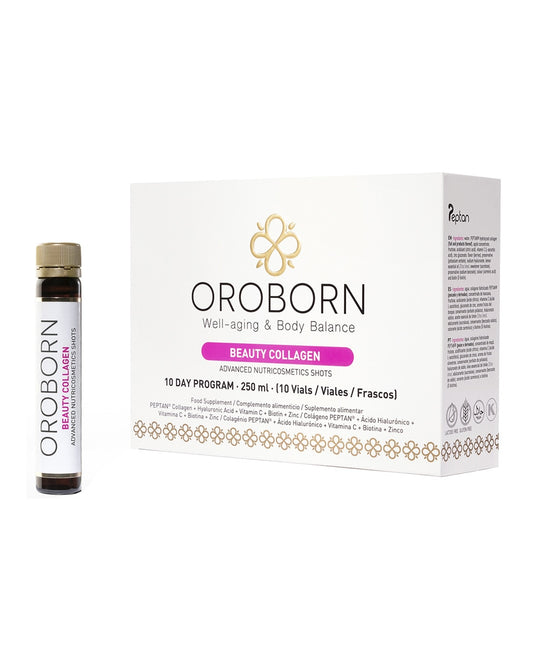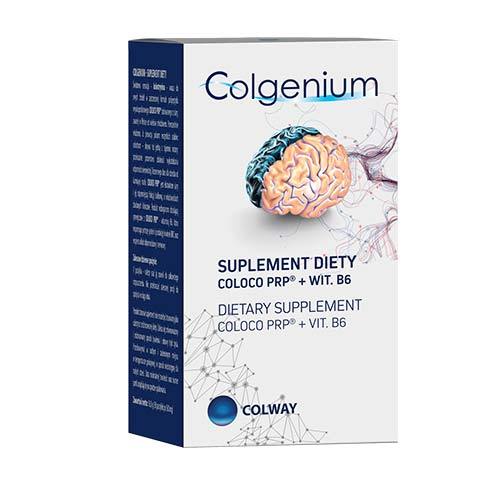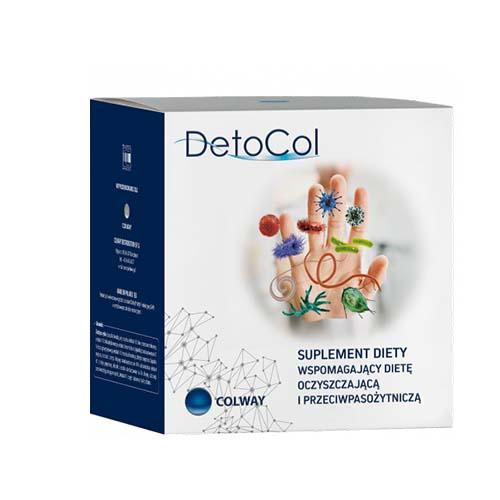Vitamin C, a crucial nutrient for our health, plays a pivotal role in various bodily functions. This article delves into the comprehensive guide provided by the Mayo Clinic, offering insights into the importance of Vitamin C, its health benefits, recommended daily intake, and much more.
Vitamin C: An Overview
The Role of Vitamin C in the Body
Vitamin C, also known as ascorbic acid, is a vital nutrient that our bodies cannot produce on their own. It's essential for the growth, development, and repair of all body tissues. It's involved in many body functions, including the formation of collagen, absorption of iron, proper functioning of the immune system, wound healing, and maintenance of cartilage, bones, and teeth.
Natural Sources of Vitamin C
While many people turn to supplements, it's important to know that Vitamin C can be found abundantly in fruits and vegetables. Citrus fruits like oranges and lemons, strawberries, bell peppers, spinach, kale, and broccoli are excellent sources. Incorporating these foods into your diet ensures a natural and effective way to meet your daily Vitamin C needs.
Daily Recommended Intake of Vitamin C
Factors Influencing Vitamin C Requirements
The recommended daily intake of Vitamin C varies based on several factors including age, gender, and lifestyle. Smokers, for instance, may require higher amounts of Vitamin C. It's crucial to understand these varying needs to maintain optimal health.
Vitamin C for Different Age Groups
The Mayo Clinic suggests different Vitamin C intake for different age groups. For adults, the recommended daily amount is 65 to 90 milligrams (mg) a day, and the upper limit is 2,000 mg a day. Understanding these guidelines is essential for each age group to benefit from Vitamin C adequately.
Health Benefits of Vitamin C
Boosting Immune Function with Vitamin C
One of the most well-known benefits of Vitamin C is its ability to boost the immune system. It helps in the production of white blood cells, which are key to fighting infections. Regular intake of Vitamin C can reduce the duration and severity of common colds and other illnesses.
Vitamin C and Skin Health
Vitamin C is also vital for skin health. It aids in the production of collagen, a protein that helps keep our skin firm and youthful. Its antioxidant properties also help in protecting the skin from damage caused by UV rays and pollution.
The Role of Vitamin C in Preventing Chronic Diseases
Research has shown that Vitamin C plays a role in reducing the risk of chronic diseases like heart disease and cancer. Its antioxidant properties help in combating free radicals, molecules that can lead to oxidative stress and chronic diseases.
Vitamin C Deficiency: Causes and Symptoms
Identifying and Managing Vitamin C Deficiency
Vitamin C deficiency can lead to various health issues, including scurvy, a disease characterized by anemia, weakness, gum disease, and skin problems. Recognizing the symptoms early and managing them through diet or supplementation is crucial.
High-Risk Groups for Vitamin C Deficiency
Certain groups of people are more prone to Vitamin C deficiency, including smokers, people with limited food variety, and those with certain medical conditions. Understanding these risk factors can help in taking proactive measures to prevent deficiency.
Supplementation and Safety
Choosing the Right Vitamin C Supplements
When dietary intake is not sufficient, Vitamin C supplements can be a good alternative. However, it's important to choose the right supplement and understand the correct dosage to avoid any adverse effects.
Safe Dosage and Potential Side Effects
While Vitamin C is generally safe, high doses can cause side effects like nausea, diarrhea, and stomach cramps. Sticking to the recommended daily intake is crucial for safety.
Interactions with Medications and Conditions
Vitamin C can interact with certain medications and medical conditions. Consulting with a healthcare provider before starting any supplement regimen is always advised.
Vitamin C in Diet and Cooking
Incorporating Vitamin C into Your Daily Diet
A balanced diet rich in fruits and vegetables is the best way to get enough Vitamin C. Simple dietary changes and meal planning can significantly increase your Vitamin C intake.
Preserving Vitamin C in Food Preparation
Cooking methods can affect the Vitamin C content in foods. To preserve its levels, it’s advisable to steam or microwave vegetables instead of boiling them.
Vitamin C Research and Studies
Recent Advances in Vitamin C Research
Ongoing research continues to uncover new benefits and uses of Vitamin C. Staying updated with the latest findings can provide deeper insights into how this essential nutrient impacts our health.
Debunking Myths: What Science Says About Vitamin C
There are many myths surrounding Vitamin C. Understanding what science actually says helps in making informed decisions about its intake and use.
Vitamin C and Lifestyle
Lifestyle Factors Affecting Vitamin C Levels
Factors like smoking, alcohol consumption, and stress can affect Vitamin C levels in the body. Adopting a healthy lifestyle can help in maintaining adequate levels.
Enhancing Vitamin C Absorption through Lifestyle Choices
Certain lifestyle choices can enhance the absorption of Vitamin C. For instance, combining Vitamin C-rich foods with iron-rich foods can improve absorption.
Conclusion
Embracing a Vitamin C-rich lifestyle is key to maintaining optimal health. Understanding its benefits, recommended intake, and how to incorporate it into your diet can make a significant difference in your overall well-being.




















































































































